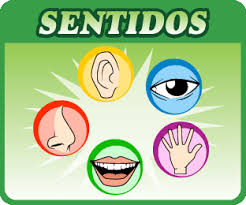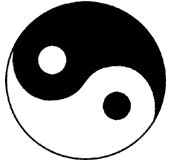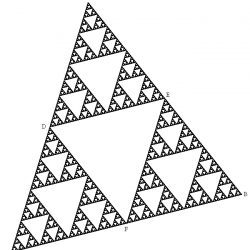 The word canon comes from the Greek, specifically from kanon, which means rule (originally a kanon was a measuring stick). The term canon is used to designate a rule or a model of something. Beauty also has its criteria and rules. From a historical perspective, the canon of beauty has not stopped evolving and what is considered beautiful today in ancient times could be ugly and unpleasant.
The word canon comes from the Greek, specifically from kanon, which means rule (originally a kanon was a measuring stick). The term canon is used to designate a rule or a model of something. Beauty also has its criteria and rules. From a historical perspective, the canon of beauty has not stopped evolving and what is considered beautiful today in ancient times could be ugly and unpleasant.
The canon of beauty in certain periods of history
Among the ancient Egyptians, beautiful women were those who kept their faces away from the sun, made up their eyes and face, wore wigs, and performed all kinds of body care to enhance their charms.
In ancient Greece a man was pleasing to the eye or kaloskagathos if he had a harmonious, proportionate and symmetrical body, as highlighted by "The Discobolus", the famous sculpture made by Mirón de Eléutereas.
The concept of female beauty in the Middle Ages had the following criteria: long hair, white skin, thin lips, clear forehead, narrow hips and small breasts.
In the Belle Epoque the woman considered attractive had an S-shaped silhouette, with a generous bust, narrow waist and wide hips. To achieve this effect they used corsets that kept their waist compressed.
Geisha in the 19th and early 20th centuries represented the perfect model of female beauty in Japanese culture. Her face had a very white appearance due to the effect of makeup, her feet had to be very small and her hair had to be worn with different large ornaments (kanzashi).
The ideal of masculine or feminine beauty is subject to permanent changes and to all kinds of fashions that end up being imposed in certain sectors of society.
A few decades ago, tattoos in the Western world were seen as a disreputable body adornment with little aesthetic value and in recent years the tattoo trend has become a highly valued aesthetic symbol.
 In any case, the man or woman who complies with the beauty canon of each era becomes a model of erotic beauty and, in the case of being a famous person, is labeled as a sex symbol.
In any case, the man or woman who complies with the beauty canon of each era becomes a model of erotic beauty and, in the case of being a famous person, is labeled as a sex symbol.
Like love, the idea of beauty is complex to frame
Despite this, we say that something or someone is beautiful to us if it stimulates our senses. In other words, the beautiful is everything that produces us an intense emotion. Obviously, the idea of beauty depends on the culture in which we live, age, sex and the subjective appreciation of each individual.
Photos: Fotolia - Juta / Ramanava









